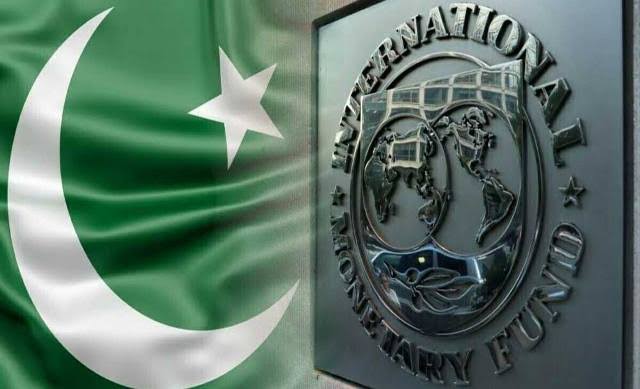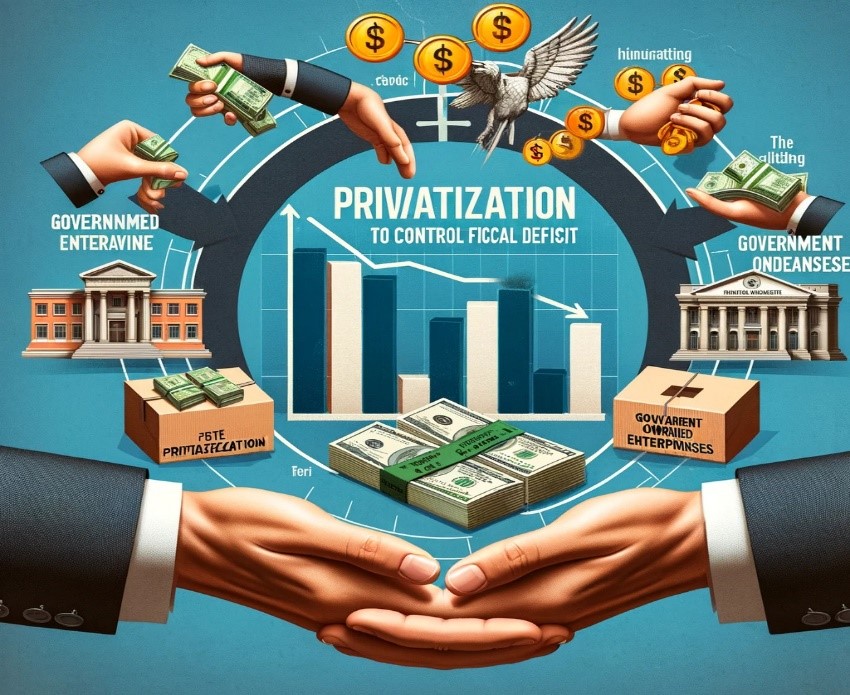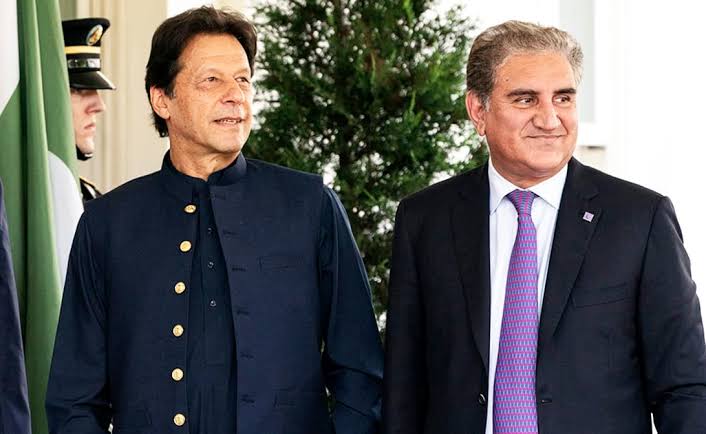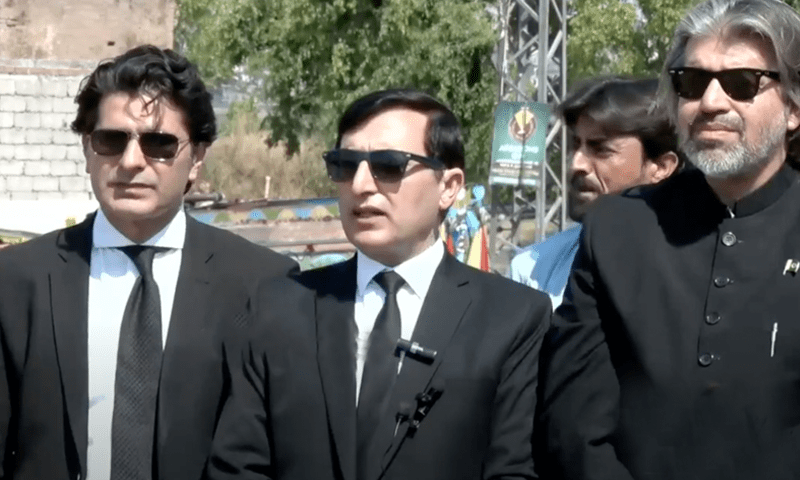As Pakistan gears up to present its first budget since the new government took office, all eyes are on the negotiations between the finance ministry and the International Monetary Fund (IMF). The IMF’s stringent conditions, aimed at stabilizing Pakistan’s economy, are expected to significantly impact the upcoming fiscal year’s budget.
Key demands from the IMF include increasing the tax revenue target, withdrawing subsidies, imposing taxes on the agriculture sector, and enhancing levies on power, gas, and oil sectors. These demands pose a challenge for the government, especially considering the current economic conditions marked by inflation and taxation concerns.
The IMF’s insistence on a substantial increase in the tax revenue target has raised eyebrows among local economists, who deem it hard to achieve given the prevailing economic environment. The pressure to raise more revenue could lead to heavier taxation, potentially burdening already struggling sectors and discouraging investment.
Economists caution that imposing additional taxes on manufacturing, personal income, and sales could further strain the economy, potentially hindering growth and competitiveness. Instead, they advocate for a focus on direct taxation proposals to broaden the tax base and ensure compliance.
One of the IMF’s main goals is to increase Pakistan’s federal tax-to-GDP ratio, signaling a shift towards a more sustainable revenue generation model. However, achieving this target requires significant reforms, including broadening the tax base, removing concessions, and improving tax administration.
While Pakistan has made strides in reducing its current account deficit, economists warn against total surrender to IMF conditions, emphasizing the need for careful negotiation. They argue that excessive reliance on IMF loans could lead to long-term economic dependence and undermine Pakistan’s sovereignty.
In particular, the IMF’s proposal to tax agricultural income has sparked debate, with concerns raised about its impact on small farmers and food security. Economists stress the importance of distinguishing between taxing agricultural income and taxing agricultural inputs, advocating for policies that support small-scale farmers and promote sustainable agriculture.
As Pakistan navigates the complexities of IMF negotiations, there is a growing realization of the need for financial discipline and self-reliance. While IMF loans may provide short-term relief, sustainable economic growth requires long-term strategies that prioritize local development and reduce dependency on external aid.
In conclusion, Pakistan stands at a critical juncture as it grapples with the IMF’s tough demands ahead of the budget presentation. The decisions made in the coming weeks will not only shape the country’s economic future but also have far-reaching implications for its sovereignty and development trajectory.



